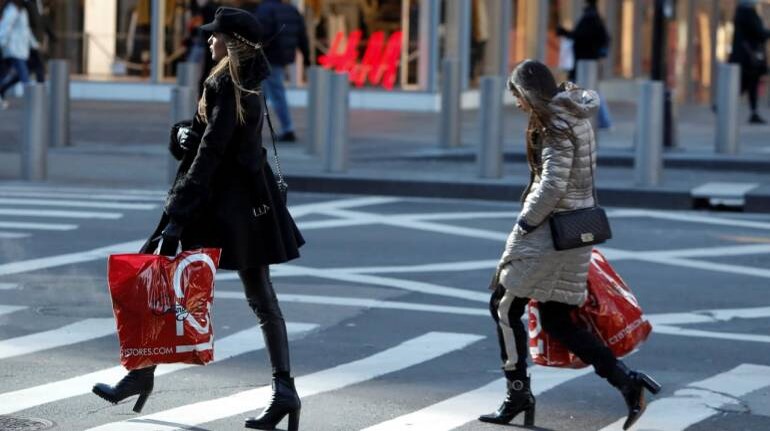India is seeing some signs of revenge buying after a partial lifting of the lockdown. But this may not be sustainable.
French luxury goods manufacturer Hermès reportedly raked in $2.7 million in single-day sales on April 4 at one store alone in China’s Guangzhou when the country opened up after two months. This was attributed to ‘revenge’ buying by the customers. India too is reporting a similar trend after a partial relaxation to the lockdown from May 18.
With retailers pinning hopes on the revenge-buying phenomenon to get back the lost revenues, here’s a look at what this term means.
What is revenge buying?
Used as a common phrase in the retail space, revenge buying refers to a phenomenon where a customer aggressively shops for products after being barred from doing so. The COVID-19 had restricted shoppers from stepping out of homes amidst the social distancing norms. Hence, when the lockdown was lifted across regions, the first response was to throng to the luxury stores.
While revenge buying is done by high net-worth individuals who are flush with cash after weeks of cancelled plans, India has also seen remote-working conditions leading to demand rise.
Also called ‘retaliatory consumption, this term is said to have originated in China in the 1980s where the cultural revolution and the effects of overcoming poverty and hunger situations had led to the public aggressively indulging in shopping, especially of food products.
Here, buying an essential product like groceries or maybe a mobile-phone charger cannot be termed revenge buying. It is when you as an individual buy products that are not required for everyday use. These include designer clothes, accessories and expensive electronic equipment.
Is the COVID-19 a cause for this aggressive buying?
Be it e-commerce platforms or physical stores of electronic retailers that have begun operations from May 2020 in India, some form of revenge buying has been reported.
The most popular products include high-end stand mixers costing almost Rs 55,000, fitness trackers and smartwatches costing Rs 20,000-50,000, Apple iPhone X worth Rs 45,000 to even 55-inch television sets priced upwards of Rs 35,000.
Retail stores across shopping malls in India are not yet open for the public. Hence, purchase of goods like leather bags, shoes and luxury clothes which require touch-and-feel of the products are yet to take off.
Online sales platforms as well as a few electronic retailers that have opened up in India have reported that customers are buying non-essential goods like touch laptops, blazers, niche running shoes and precious jewellery, which means that is a case of revenge buying.
Is this sustainable?
The job market in India is reeling under the impact of a slowdown since November 2019. The COVID-19 outbreak has aggravated the situation and more than 200,000 jobs have been lost between March 15 and May 15.
Considering the uncertainty around employment and job security coupled with pay cuts across sectors, it is expected that revenge buying won’t be sustainable in India.
Both offline and online retailers are of the view that in India at least, revenge buying will be restricted to wealthy individuals and is only a temporary phenomenon. Even after the COVID-19 effects are surpassed by India, the revival of the economy would take between six and nine months. Till then, buying in India would be very selective and on an as-per-need basis.
Follow our full coverage of the coronavirus pandemic here.















